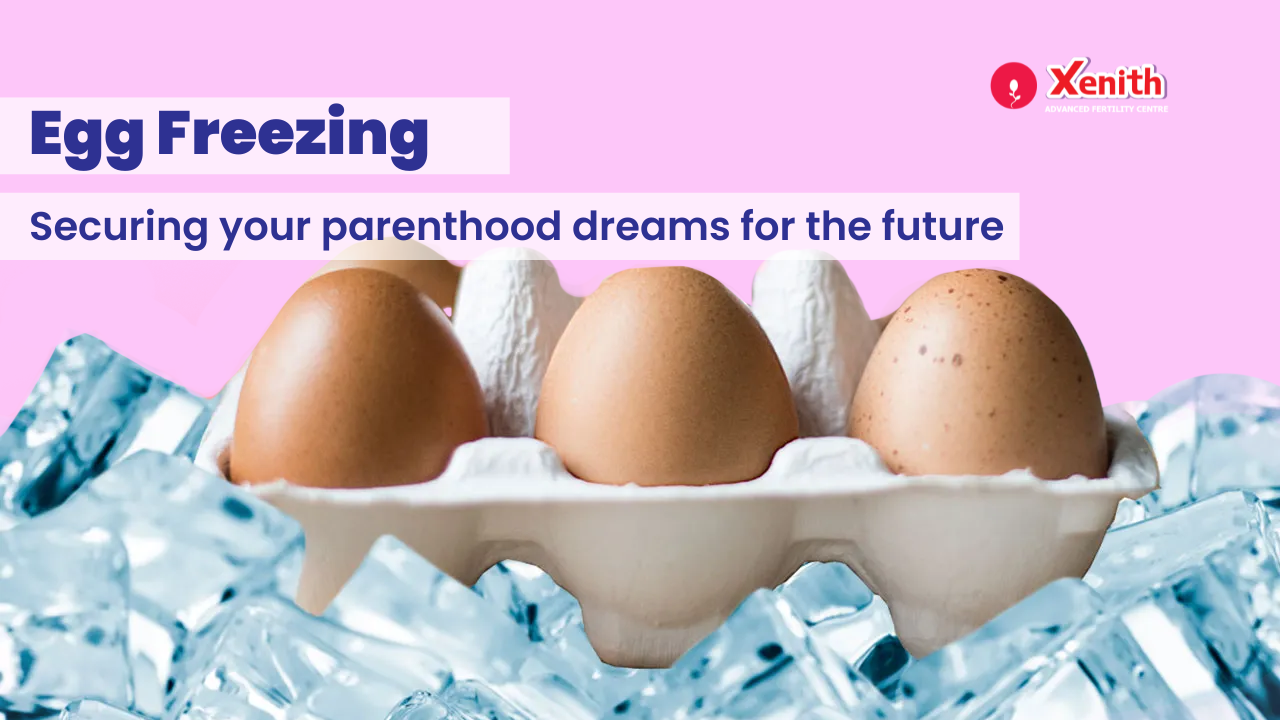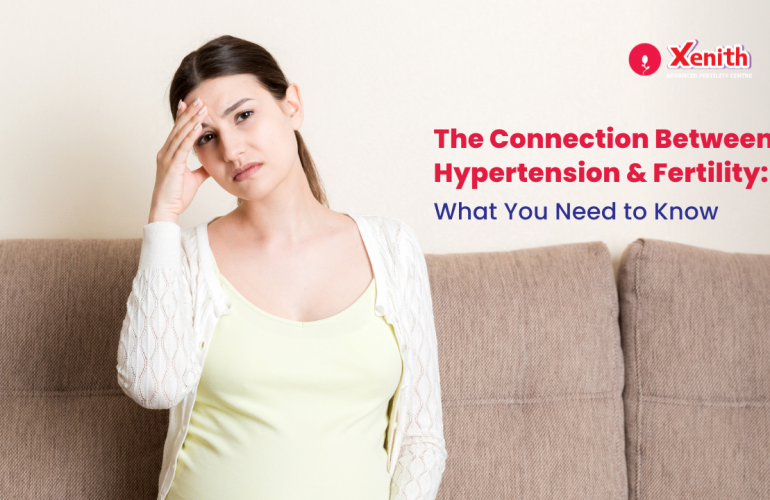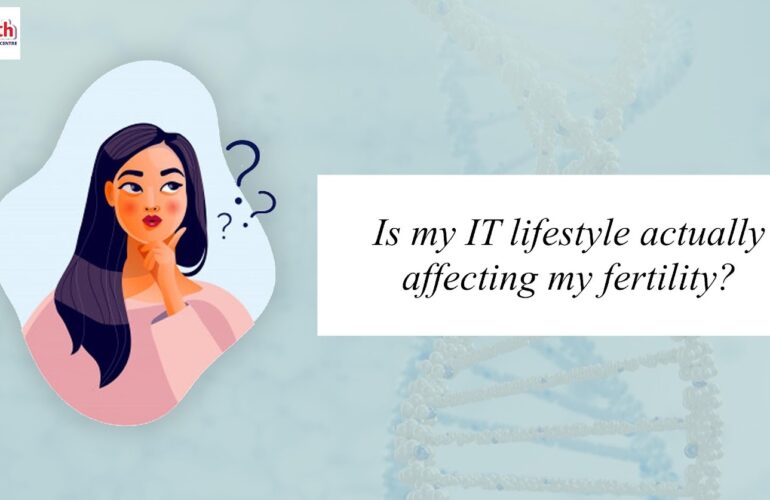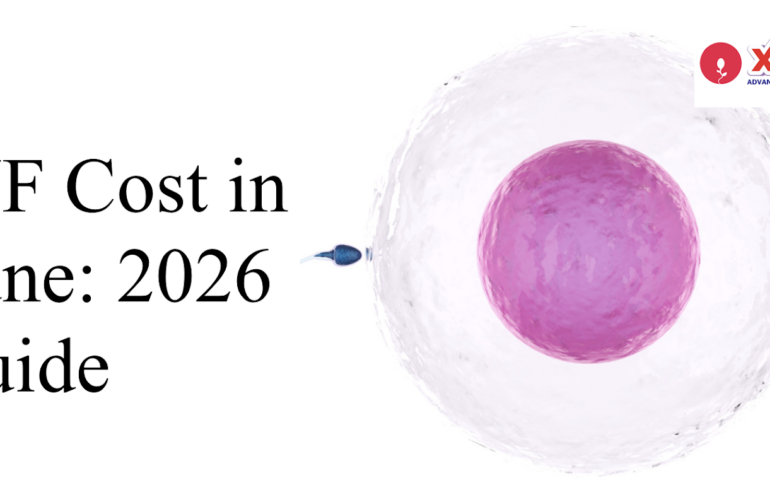Many young women nowadays are not yet ready to have children as they are focused on their career or have not met the right partner. Others are dealing with health issues that could compromise their fertility like undergoing chemotherapy for cancer treatment. Since women are born with all the eggs they will ever have and this quantity and egg quality decreases over time, it might be advantageous to preserve good quality eggs when they are younger to use it at a later date. So egg freezing comes to the rescue for such circumstances.
In general, it’s best to carry out egg freezing before the age of 35 although this could vary for different people depending on various factors like overall health, lifestyle, chronic diseases, genetics or other things.

Free Thursday Consultation
Book Your AppointmentWhen you meet with the fertility specialist, make sure you have a frank discussion with them and ask all your questions. Read up about the whole process and get prepared with questions like details about the procedure itself, does the clinic have all the proper equipment under one roof, and the total cost. Egg freezing is not a guarantee for pregnancy and finding out what are your chances and how many eggs will need to be harvested for your specific age and circumstances.
What is egg freezing?
After an initial check up by the doctor and after running various tests like blood tests and undergoing a pelvic ultrasound, to find out the number and quality of eggs you have left in your ovaries, the fertility specialist could begin the treatment. Under normal circumstances only one egg becomes mature every menstrual cycle and is released during ovulation. But with the use of medications and hormonal injections at the beginning of the procedure, one can stimulate the growth of several eggs at one time. You will probably need to go to the clinic several times for blood tests and ultrasound so that they can monitor the growth of the eggs and determine when is the best time to retrieve those eggs once they have matured. Once the eggs have matured, they will be retrieved under an ultrasound guided surgery. The procedure itself is very short and will take only 15 to 30 minutes. The retrieved eggs are then flash frozen in a matter of milliseconds in a process called vitrification. If they are frozen slowly, the water in the eggs could form ice crystals which could cause damage to the egg. In vitrification, the formation of ice crystals is avoided due to the flash freezing, the water is replaced with a preserving solution and frozen in liquid nitrogen at -196oC in special cryogenic freezers in an embryology lab so that the biological process in the egg is halted. In the future, when the egg is needed for fertilization, it is thawed quickly, the preserving fluid is removed and the eggs are washed in culture medium and warmed, awaiting fertilization with a single sperm in a procedure called intracytoplasmic sperm injection(ICSI) where the sperm is injected directly into the egg and fertilized to form an embryo. The embryo is then transferred back into the woman’s uterus for possible implantation and conception. The whole procedure of retrieving the eggs will take about 3 weeks and is the same as the initial stages of in vitro fertilization(IVF).
Some women might have some minor side effects from the medications like headaches, nausea, breast tenderness and bloating which will then dissipate after the procedure. You might also have some slight cramping after the egg retrieval procedure. In very rare cases, ovarian hyperstimulation syndrome (OHSS) could occur due to the excessive stimulation of the ovaries and the ovaries get enlarged causing nausea, vomiting, bloating and severe abdominal pain.
Your periods will soon return back to normal after this procedure and this doesn’t affect your future fertility in any way. This is a safe procedure for the mother and there is no increased risk of birth defects in the baby or complications for the mother.
The number of eggs you want to freeze could depend on your age as the egg quality declines over time, your overall health, your genetics and various other factors. So an older woman might want to freeze more eggs than a younger woman in order to have better chances of getting pregnant. It would also depend on how many kids you want to have in the future. So, it’s good to discuss with your doctor about your chances of having a child and what to do to improve your chances of conception.
Theoretically, the frozen eggs can be stored for long periods although there might be laws in various countries about the duration. In India, frozen eggs can be kept for 10 years. As for the cost of egg freezing, it can vary from one facility to another. You could ask for a breakdown of the quoted cost to understand what it does and doesn’t include. Does it include the cost of anesthesia, the doctors fees and the procedure itself, the cost of medications, and what would be the yearly maintenance cost of keeping the eggs frozen. So egg freezing can buy you some time and help you to secure your parenthood dreams for the future. If you are contemplating egg freezing, and have any questions about it, please feel free to contact the experts at Xenith Advanced Fertility Centre who can explain everything in more detail.




